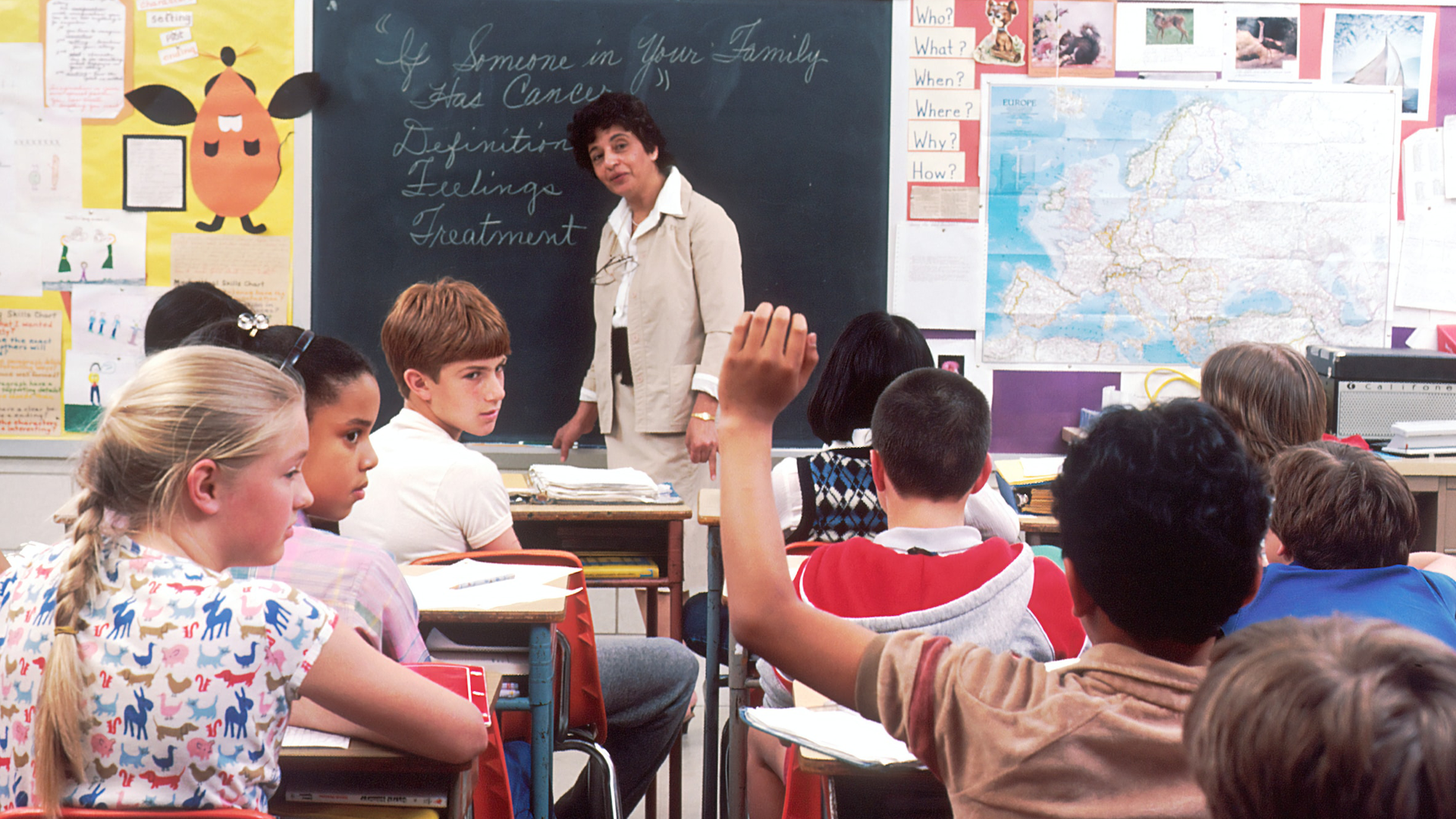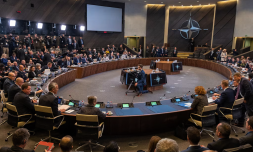The introduction of BSL to the UK education system is a vital step towards a more inclusive society.
After a 12-week consultation with the deaf and hearing communities, the Department of Education has announced that British Sign Language (BSL) will be introduced as a GCSE option from September 2025.
The government’s new plan is an attempt to boost inclusivity in schools and give would-be signers useful life skills.
A BSL GCSE will not only teach prospective students how to sign, but also cover the history of the language in the UK. Students will be able to sit for exams in just under 2 years’ time.
Achieving education-level recognition has not been an easy journey. More than a decade of campaigning has preceded the new subject, with celebrities like Tasha Ghouri – a deaf woman and signer who achieved fame on the reality show ‘Love Island’ – have backed the legislation.
Ghouri was the first deaf contestant on ‘Love Island’ when she appeared in 2022, and has said that despite urging others to learn sign language, many don’t feel comfortable talking to deaf or hearing impaired people ‘because they don’t know how to communicate’.
Susan Daniels, chief executive of the National Deaf Children’s Society, said campaigners had done ‘an incredible amount of work’ to ensure BSL is implemented in UK schools. ‘A GCSE in BSL is vital as it will break down barriers and celebrate the rich culture and history of British Sign Language’ she told the Guardian.
The qualification will be open to all students, and will allow them to learn around 1,000 different signs.
The news comes just a year after BSL was officially recognised as a language in Britain, when the British Sign Language Act was passed in 2022.
But vital to BSL’s recognition has been one individual who has tirelessly campaigned: Daniel Jillings.
At just 17-years-old, Jillings has been fighting for more inclusive learning around BSL for 5 years. Born profoundly deaf, meaning he cannot use hearing aids or a cochlear implant, Daniel began campaigning for a BSL GCSE when he was 12.
‘My first language is BSL and I want the chance to do this as a GCSE subject when I take my other exams’ Daniel said. ‘Delaying a GCSE is unfair to children who are deaf.’
Daniel, along with thousands of others, have reacted positively to the news of a 2025 BSL GCSE.
‘This is a significant moment in the history of the British deaf community, as it is a powerful step to equality’ Jillings told the BBC.




















